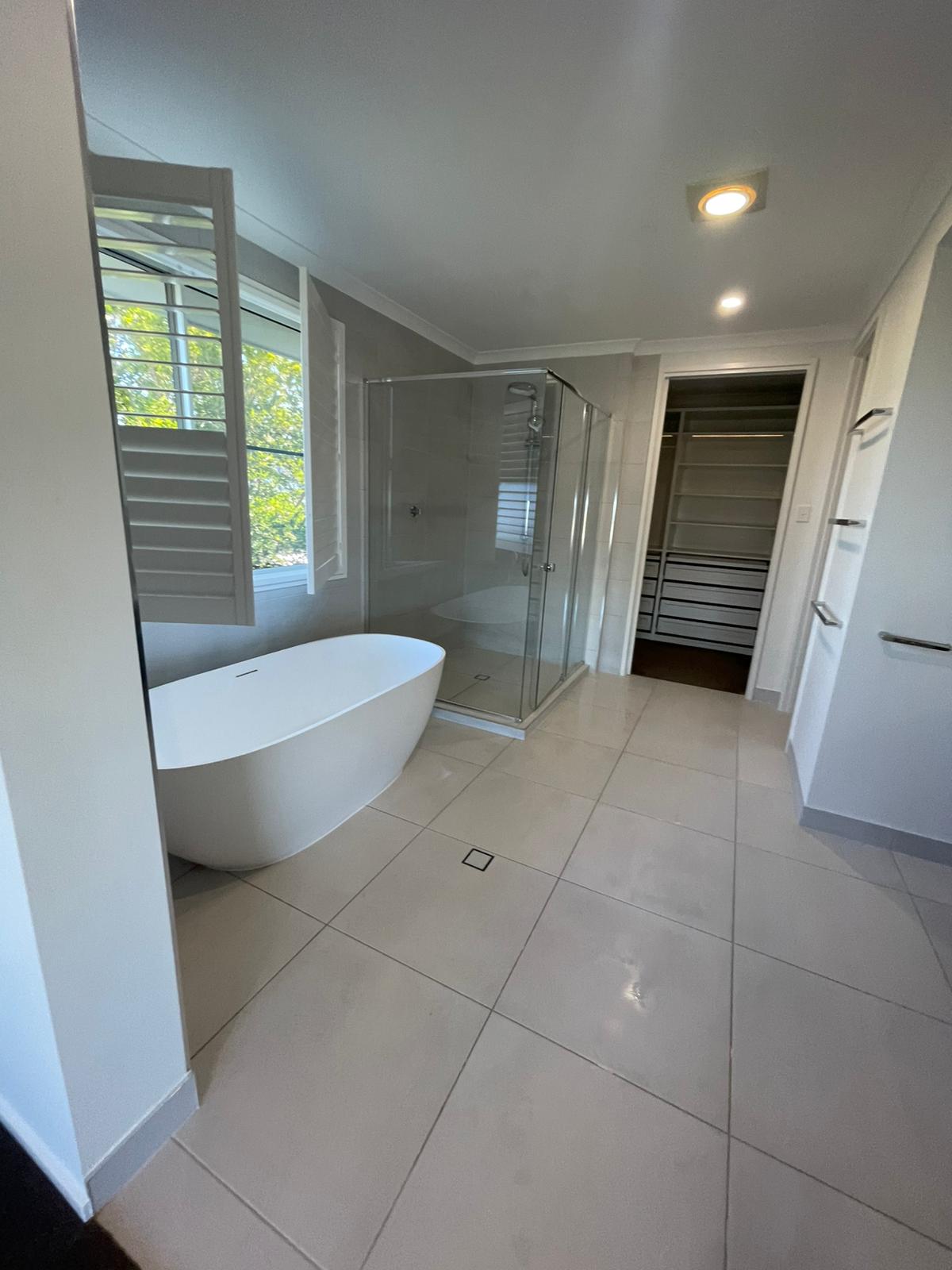Homemade cleaners can be powerful, affordable, and kinder to your indoor air. With a few pantry staples—vinegar, baking soda, castile soap, citric acid, and essential oils—you can mix targeted formulas for every room. Below you’ll find tried-and-true recipes, when to use them, and where to avoid them (hello, natural stone!).
Internal link idea: When you mention eco-friendly home cleaning, link to
/services/regular-house-cleaning. For plastic-light tools, link to our zero-waste guide at/blog/zero-waste-cleaning-ditch-plastic-clean-greener.
Your DIY Cleaning Pantry
-
White vinegar (5% acetic acid): Mineral and soap-scum dissolver.
-
Baking soda: Gentle scrub + deodorizer.
-
Castile soap (liquid or bar): Plant-based surfactant.
-
Citric acid powder: Limescale remover (stone-unsafe).
-
Washing soda (sodium carbonate): Degreaser and laundry booster.
-
Hydrogen peroxide (3%): Non-chlorine brightener (light fabrics & grout).
-
Rubbing alcohol (isopropyl 70%+): Fast-dry glass & high-touch areas.
-
Neutral oil (olive/fractionated coconut): Wood conditioning.
-
Essential oils (optional): Scent—use sparingly.
Internal link idea: Link “plant-based” to
/blog/best-biodegradable-cleaning-products-for-every-room.
10 Easy DIY Cleaner Recipes (Label & Patch-Test First)
1) Everyday All-Purpose Spray (Not for Natural Stone)
-
400 ml water
-
100 ml white vinegar
-
½ tsp liquid castile soap
-
Optional: 8–10 drops lemon or tea tree
Use: Counters, appliances, sealed tiles. Avoid: Marble/granite/travertine, waxed wood.
2) Stone-Safe Counter Spray (Marble/Granite Friendly)
-
480 ml distilled water
-
½ tsp liquid castile soap
-
½ tsp isopropyl alcohol (optional quick-dry)
Use: Natural stone, sealed wood surfaces. No vinegar here.
3) Streak-Free Glass & Mirror Mix
-
450 ml water
-
50 ml white vinegar
Tip: Spray lightly and buff with a lint-free cloth or newspaper.
4) Creamy Soft Scrub (Sinks, Tubs, Stovetops)
-
4 tbsp baking soda
-
1 tbsp castile soap
-
Water to a paste
Use: Enamel, ceramic, stainless. Rinse well; follow with a quick vinegar spritz if hazy (non-stone).
5) Citric-Acid Bathroom Descaler (Non-Stone)
-
500 ml warm water
-
1 tbsp citric acid powder
Use: Shower glass, taps, kettles. Avoid: Natural stone and unsealed grout.
6) Disinfect-Lean* Alcohol Surface Spray
-
250 ml rubbing alcohol (≥70%)
-
250 ml water
-
Optional: 5 drops lavender
Use: Handles, switches, phones (spray cloth, not device). *Follow local guidelines for true disinfection.
7) Floor Cleaner (Most Sealed Floors)
-
4 L warm water (bucket)
-
1 tsp liquid castile soap
-
Optional: 1 tsp vinegar for tile/laminate (skip on stone/wood)
Use: Damp-mop; wring well.
8) Laundry Powder (Low-Suds)
-
2 cups washing soda
-
2 cups grated castile or true soap flakes
-
Optional: 1 cup baking soda
Dose: 1–2 tbsp per load. Great for warm/cold cycles.
9) Fabric Softener Rinse
-
½ cup white vinegar in the softener drawer
Use: Reduce residue & odors (check machine manual; avoid on rubber gaskets if manufacturer advises).
10) Wood Polish (Furniture, Not Floors)
-
2 tbsp neutral oil
-
1 tbsp white vinegar (or lemon juice)
Use: Apply sparingly with a soft cloth; buff dry. Avoid: Raw, unfinished wood.
Internal links:
– Mention “stone-safe” → link to/services/stone-countertop-cleaning
– Mention “bathroom deep clean” → link to/services/bathroom-cleaning
– Mention “kitchen degreasing” → link to/services/kitchen-deep-cleaning
Room-by-Room: What to Use Where
Kitchen
-
Sinks & steel: Soft Scrub → rinse → Glass mix for shine.
-
Cooktop: Baking-soda dust + water mist; wipe; finish with a light vinegar pass if non-stone.
-
Microwave: Bowl with 1 cup water + 2 tbsp vinegar; steam 3–5 minutes; wipe.
Bathroom
-
Shower glass/tiles: Citric-acid spray, dwell 10 minutes, rinse.
-
Toilet exterior & chrome: Glass mix or alcohol spray; buff dry.
-
Grout detail: Soft brush + baking-soda paste; for light brightening, dab peroxide and rinse.
Living Areas & Bedrooms
-
Dusting: Slightly damp cotton cloth (water + 1 drop castile).
-
Windows: Glass mix on a wind-free day.
-
Odors (rugs/mats): Baking-soda sprinkle, wait 15 minutes, vacuum.
Laundry
-
Everyday: DIY powder + cold cycle.
-
Gym wear/linens: Add 1–2 tbsp washing soda; vinegar rinse for freshness.
-
Stains: Rub with a wet castile bar; launder as usual.
Internal link idea: Link “eco cleaning services” to
/services/eco-cleaningfor heavy-duty jobs.
Safety Essentials
-
Never mix vinegar with bleach or ammonia.
-
Label bottles clearly; keep out of reach of children and pets.
-
Patch-test in an inconspicuous area.
-
Avoid acids on natural stone; use the stone-safe spray instead.
-
Ventilate small spaces during use.
Link the word “safety” to
/blog/cleaning-safety-101.
Troubleshooting
-
Streaks on glass? Use less spray and buff faster.
-
White film after scrubbing? Rinse more; it’s likely baking-soda residue.
-
Scale won’t budge? Increase dwell time with citric-acid on non-stone or repeat after rinsing.
-
Vinegar smell lingers? Open windows; add a single drop of essential oil next time—less is more.
FAQs
Are DIY cleaners as effective as store-bought?
Often, yes—when matched to the soil (acid for mineral/soap scum, alkaline for grease) and given enough dwell time.
Can I premix vinegar and baking soda?
No. They neutralize. Use sequentially for best results.
What about essential oils?
Optional for scent; keep low doses, avoid around very young children/sensitive pets.


 Blog
Blog